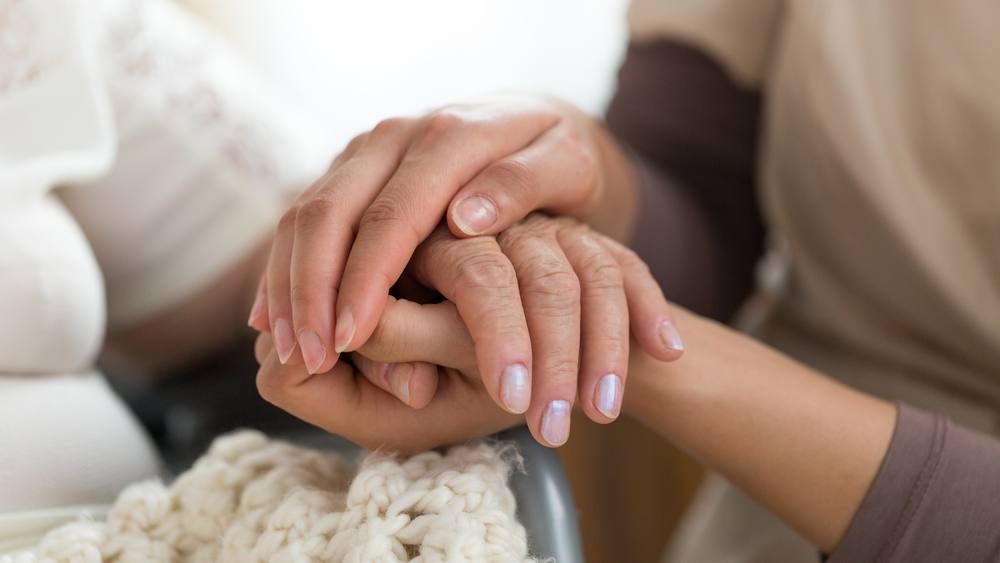-
Connecting Patients: What to expect as a transplant caregiver

A caregiver can be many things. For transplant patients, the caregiver can be the difference between a successful transplant and a failed organ. Most transplant centers require patients to have a caregiver at all times throughout the process both pre- and post-transplant. Most centers also provide helpful tips and even printed education materials so caregivers know what to expect.
Written by Mayo Clinic Connect
Relations Coordinator Kristin Eggebraaten
Our discussion group members consist of patients, donors, caregivers or loved ones. Recently, they talked about the role of caregivers and some of the things that they didn’t expect to happen when they took on that role.
Here is a list of 5 things that didn’t always go according to the pre-printed plan of what to expect.
Not enough time in the day.
In a perfect world, we would have time to care for our loved one, work outside the home, care for our children, clean, do the shopping, exercise, and cook healthy meals. Every doctor and transplant team member will tell you to remember to care for yourself so you can be there for others. But how can you fit it all in? The honest answer – sometimes you won’t.
You have to try to be ok with letting stuff go. Don’t clean the house every week like you used to, do it every other week. Grocery shop online while you are waiting for appointments with your loved one and pick it up on the way home. Maybe it’s time to try one of those healthy meal delivery services so you don’t have to cook a couple nights a week. You could have the pharmacy deliver medications if that’s an option in your area.
Most importantly, don’t be afraid to ask for help. This is very hard for some of us, but it’s often necessary when you are trying to do more than is physically possible. People are willing to help, but sometimes they need to be asked. Don’t be afraid to reach out to other family and friends to see if they have any spare time or resources to assist you or the patient.
Know the worst case scenario – even if you never have to experience it.
Transplant is successful most of the time, and patients go on to recover and live a great life. But not everything goes our way 100% of the time. There are ups and downs to recovery from major surgery. Not everyone gets better overnight and not every patient fits the mold that the doctors hope they will fit. People change, diseases relapse, the unexpected happens, and we need to be prepared.
After learning what great things can come from a transplant and how recovery should go (and probably will) ask your transplant team about the worst case scenario. Sometimes our loved ones aren’t happy with their outcome. How will this affect you if the person you are caring for is negative and wish they never would have gotten this new organ? Sometimes patients go through depression – they can’t do what they thought they could and are recovering slowly, or they are sad that someone had to die to give them their new chance at life.
All of these are rare circumstances, but they are possible, and you should be prepared for a less than optimal outcome after transplant. Knowing what could come is the first step in learning what to do to help.
Don’t assume the patient needs you 24/7.
We have all experienced someone who tries to help too much. Remember the last time you just wanted to be alone? Patients who are doing well after transplant may not want you around all the time. Have honest conversations with your recipient so you understand how much help they want from you. Don’t assume they need you all day every day, because you might be doing more work and causing more stress than you or the patient needs.
Read the rest of the article on Mayo Clinic Connect - Transplant.







